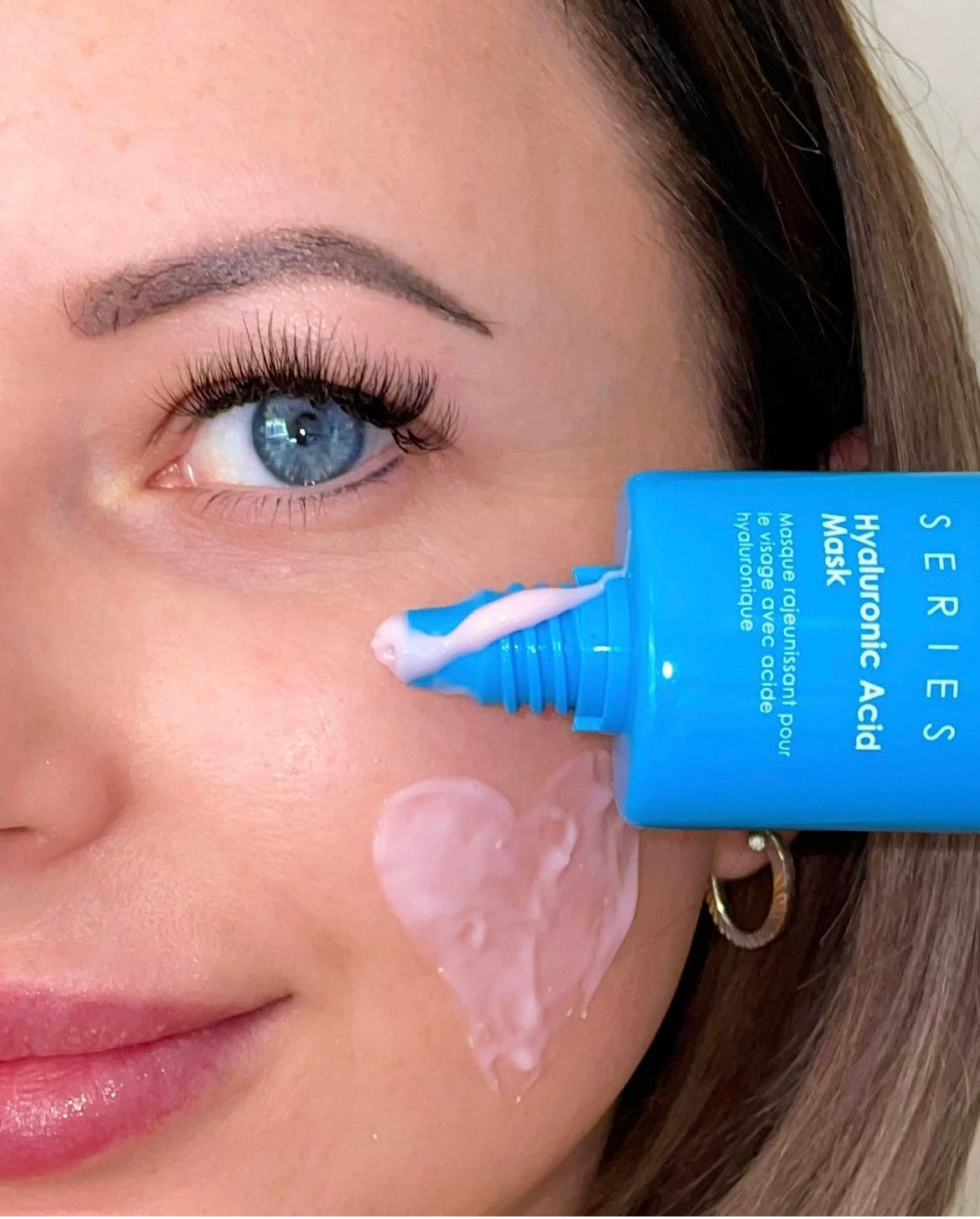
Retinol - Skin Benefits & How It's Used In Skincare
In our last post, we looked at Vitamin A & Retinol and how they differ from one another. We also covered how the first retinoid product was developed as an acne treatment, how quickly retinol works and which well-known faces use retinol (view the post - Retinol - What's The Big Deal).
The top 5 points to remember from our last post are:
1. Topical Vitamin A in skincare is known as Retinol
2. Retinol has many benefits for the skin, including those relating to anti-ageing
3. Retinol works by increasing collagen in the skin
4. Patience is key when using Retinol - expect to wait 3-6 months for results to begin showing
5. Retinol increases UV sensitivity in skin, so it is vital to wear sunscreen
In this post, we will jump into how retinol benefits the skin and how it is used in skincare.
So, let's jump right in.
Which skin problems are helped by Retinol?
-Fights acne (usually addressed with a prescribed form of retinol from your GP)
-Reduces wrinkles
-Stimulates collagen
-Promotes cellular turnover
-Evens out skin tone
-Increases blood flow to the skin
What are the benefits of using Retinol?
-Prevents wrinkles and smoothes out existing lines and wrinkles
-Brightens dull skin by exfoliating at the cellular level, resulting in brighter, smoother new skin
-Regulates oily skin and minimises breakouts
-Fades dark age spots, sun spots and hyperpigmentation
-Evens out complexion over time
When To Use Retinol?
Retinols are best applied at night.
This is because our skin is more receptive to products we apply at night and because retinol can result in some potential drying and irritation.
When NOT To Use Retinol?
-
Retinol is also not recommended if you have extremely sensitive skin or skin conditions such as eczema or rosacea, due to its effect of increasing skin sensitivity.
-Retinol is not recommended while pregnant or breastfeeding.
This is because retinol can cross the placental barrier and potentially lead to birth defects.
How To Use Retinol?
-When first using retinol, apply sparingly after moisturising to reduce its absorption rate and minimise irritation.
-
When the skin has adjusted to retinol, apply before moisturising.
-Always wear sunscreen - even during winter - to counter the effects of increased UV sensitivity due to retinol.
What next?
In my next post, we will look at our own Retinol Collection here at skinChemists and discern how each product may help you on your way towards your 2020 skin goals.
If you would like to get started on your Retinol journey today, I have added some great Retinol products below from our collection to help you on your way.
Plus, save 50% on The Retinol Collection with code RET50.
Till next time.
Warmth,
Michael.
Editor



